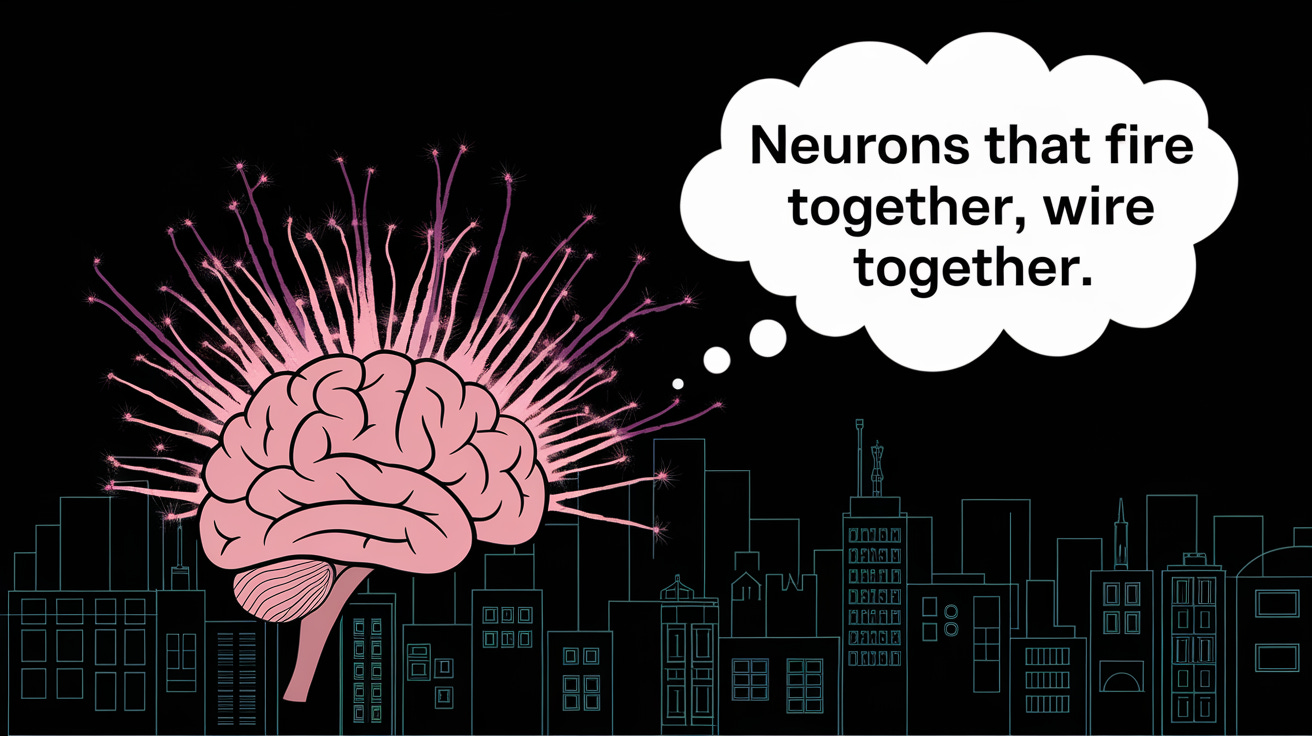How to train your brain for deep focus - even with a trash attention span
Just a few minutes can make a big difference in how you work.
Ever sit down to work on your side hustle, only to get distracted 10 minutes in? You're not alone. Our brains are wired to chase the next shiny object, especially when we're already feeling overwhelmed or tired. But the good news? You can retrain your brain to focus—using techniques rooted in neuroscience.
"Neurons that fire together, wire together." – Donald Hebb, neuroscientist
Why Willpower Alone Won’t Help You Stay Focused
Most people try to power through distractions, thinking sheer willpower will keep them on task. The truth? Willpower is a limited resource, and eventually, it runs out. Others rely on the "just hustle harder" mentality—working late into the night and pushing themselves to the point of burnout.
Sound familiar? These methods don’t build lasting focus. Instead, they leave you feeling scattered and frustrated.
Why Constant Distractions Keep You From Making Progress
You get distracted by every little thing—email, social media, even laundry.
Your brain constantly jumps between tasks, leaving you with a trail of half-finished projects.
You’re working longer hours but getting less done.
Soon, your side hustle becomes another source of stress instead of progress.
According to a study by the University of California, it takes an average of 23 minutes to refocus after being distracted.
Neuroscience-Based Techniques to Retrain Your Brain for Deep Focus
Your brain can be rewired to focus, but it requires intentional practice. The key is to work with your brain's natural rhythms, not against them. Techniques like chunking, habit stacking, and dopamine triggers help you focus deeply, even when distractions are everywhere.
Chunking: Break down tasks into small, manageable chunks. Your brain loves small wins—it triggers dopamine and keeps you engaged.
Habit Stacking: Attach new focus habits to existing ones. For example, start a 90-minute focus session right after your morning coffee.
Dopamine Triggers: Reward yourself after completing a deep focus session. The dopamine hit strengthens your brain's ability to focus for longer periods.
A Focused Brain Means More Progress and Less Stress
When you start using these techniques, here’s what happens:
Fewer distractions. You’ll retrain your brain to stay focused on the task at hand.
More flow. You’ll experience deep work sessions where time flies, and real progress is made.
More freedom. Focused work means less time wasted, freeing up more time for everything else.
The Focused Brain Method
Step 1: Start Small. Begin with short, 25-minute focus sessions using the Pomodoro technique. Gradually increase to 90-minute blocks as your brain adapts.
Step 2: Stack Your Habits. Pair focus sessions with daily routines, like after your morning coffee or workout.
Step 3: Reward Progress. After each deep focus session, give yourself a small reward—whether it’s a break, a treat, or even just a quick stretch. This builds the dopamine-fueled cycle your brain needs to stay motivated.




